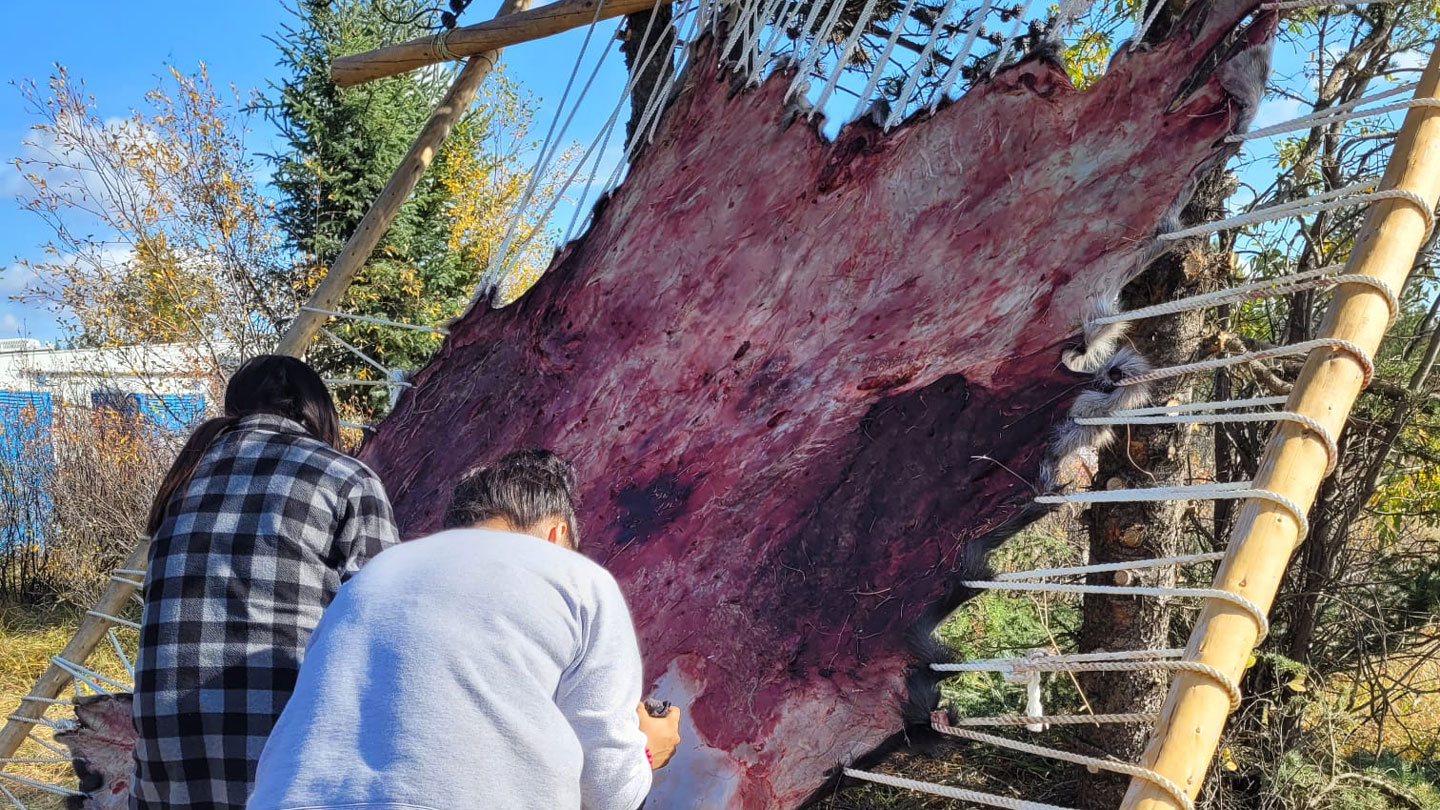Earlier this year, the leading psychological association in the United States apologized to the country’s Indigenous people and communities for directly and indirectly supporting centuries of abusive assimilation efforts. Those efforts included pushing Indigenous people off their lands and separating children from their families for placement in boarding schools.
By the numbers, American Indian and Alaska Natives report serious psychological distress 2.5 times as often as members of the general population. They are almost five times as likely to die of alcohol poisoning than the general population. And they have the highest rate of suicide of any minority group in the country.
The APA also pledged its commitment to learning about and valuing culturally appropriate approaches to care moving forward. “Psychologists working with Native clients should respect, honor, and include Native strategies for healing,” reads one bullet point. “Psychologists need to learn about research methodologies developed by and for Indigenous populations,” reads another. APA leaders also issued in-person apologies at the June annual meeting of the Society of Indian Psychologists in Logan, Utah, and again in August at the APA Convention in Washington, D.C.
This apology honors the longstanding, often underappreciated, efforts of Indigenous and other researchers working with Indigenous communities. In recent years, Canada and Australia have issued similar apologies to their countries’ Indigenous populations. Such apologies pave the way for the sort of deep changes in thinking and treatment that are needed to help Indigenous communities heal, researchers involved in this work say.
2023-08-25 07:00:00
Post from www.sciencenews.org
